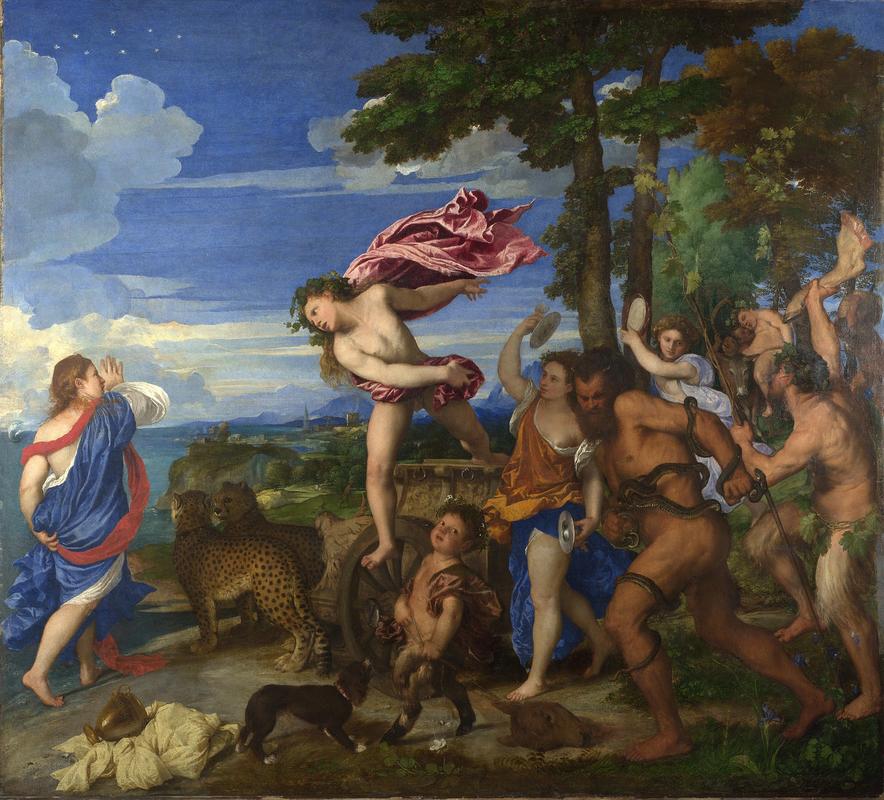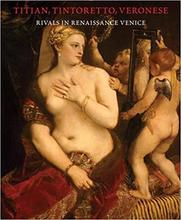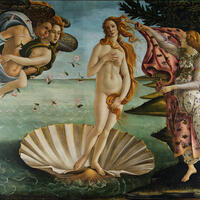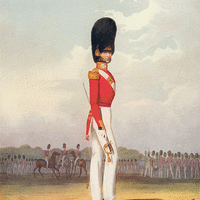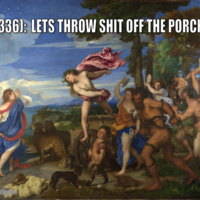More about Bacchus and Ariadne
- All
- Info
- Shop

Contributor
This Titian painting just screams awkward. Bacchus, the god of wine, leads his boozy groupies through the forest.
In an act of extreme peacocking, he locks eyes with Ariadne while he throws his robe off and falls not only in love but quite literally off his leopard-led chariot wearing close to nothing.
This is a rather inopportune moment for Ariadne, who has just woken up from a pleasant nap sunbathing on the beach of a Greek Island to realize she has been abandoned by her husband (he did a runner, and boarded the ship which is just visible in the background). She waves and calls for the ship so desperately that her dress has fallen off her left side.
But perhaps it’s serendipity. While Bacchus is madly in love at this point, Ariadne is scared and creeped out, understandably. Eventually, though the clouds drift apart, Bacchus turns her into a constellation and they live happily ever after.
Featured Content
Here is what Wikipedia says about Bacchus and Ariadne
Bacchus and Ariadne (1522–1523) is an oil painting by Titian. It is one of a cycle of paintings on mythological subjects produced for Alfonso I d'Este, Duke of Ferrara, for the Camerino d'Alabastro – a private room in his palazzo in Ferrara decorated with paintings based on classical texts. An advance payment was given to Raphael, who originally held the commission for the subject of a Triumph of Bacchus.
At the time of Raphael's death in 1520, only a preliminary drawing was completed. The commission was then handed to Titian. In the case of Bacchus and Ariadne, the subject matter was derived from the Roman poets Catullus and Ovid.
The painting, considered one of Titian's greatest works, now hangs in the National Gallery in London. The other major paintings in the cycle are The Feast of the Gods, mostly by Giovanni Bellini, now in the National Gallery of Art, Washington, D.C, and Titian's The Bacchanal of the Andrians and The Worship of Venus, both now in the Museo del Prado, Madrid.
Check out the full Wikipedia article about Bacchus and Ariadne

